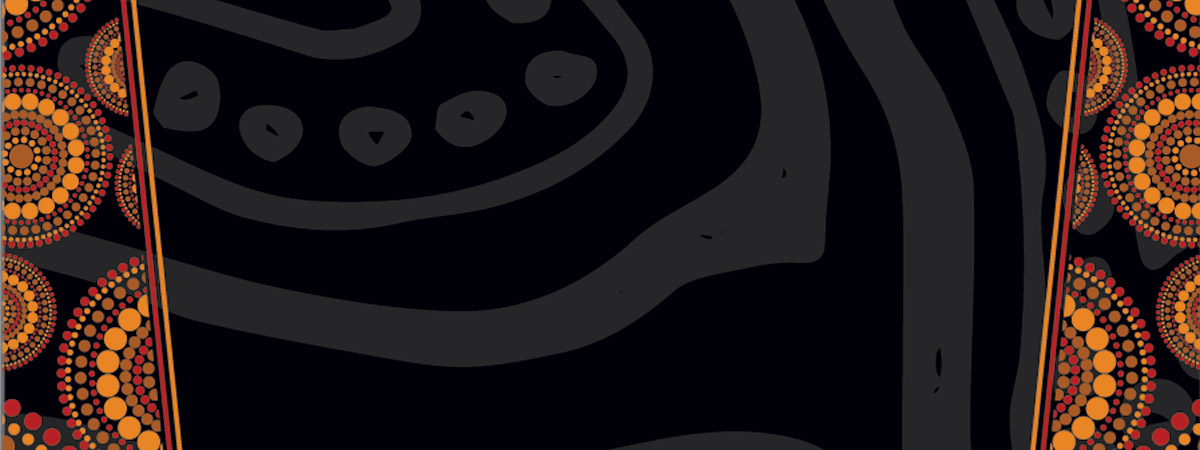We are upgrading our website
Aborigines Advancement League
2 Watt Street, Thornbury Vic 3071
Phone
03 9480 7777
Lady Gladys Nicholls Hostel
56-58 Cunningham Street, Northcote Vic 3070
Phone
03 9482 1709
Aborigines Advancement League
2 Watt Street, Thornbury Vic 3071
Phone
03 9480 7777
Lady Gladys Nicholls Hostel
56-58 Cunningham Street, Northcote Vic 3070
Phone
03 9482 1709
